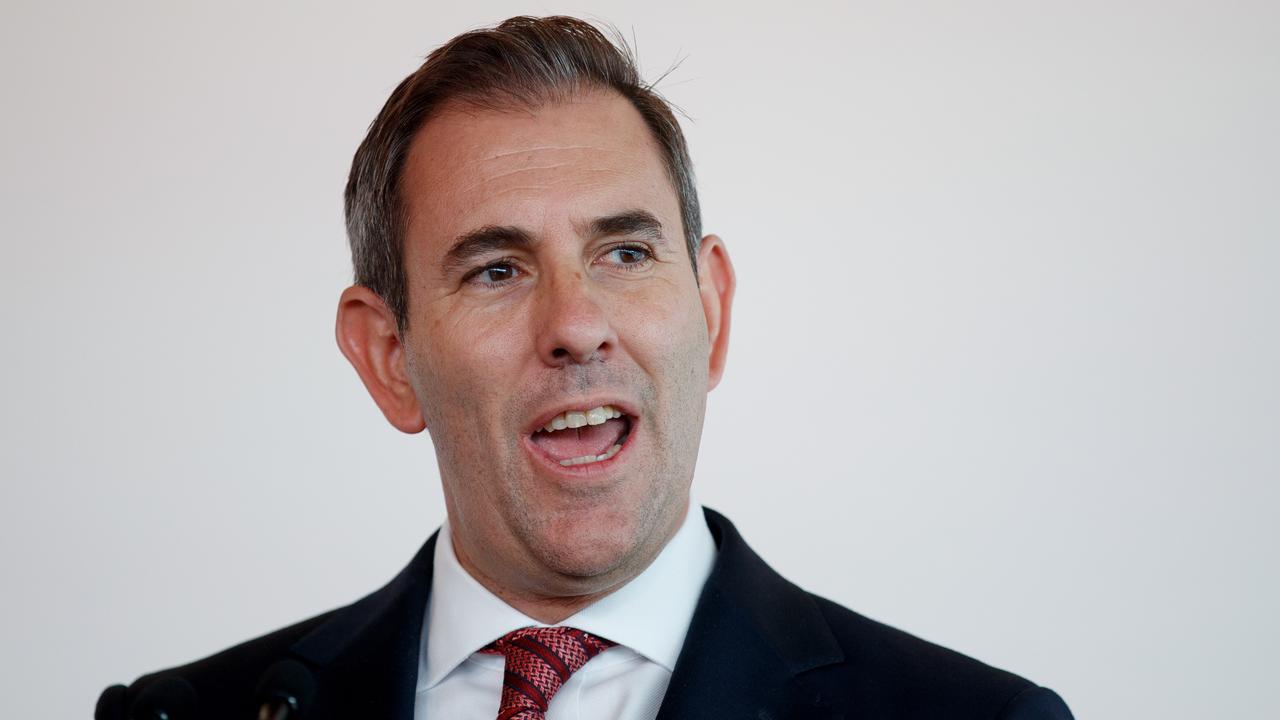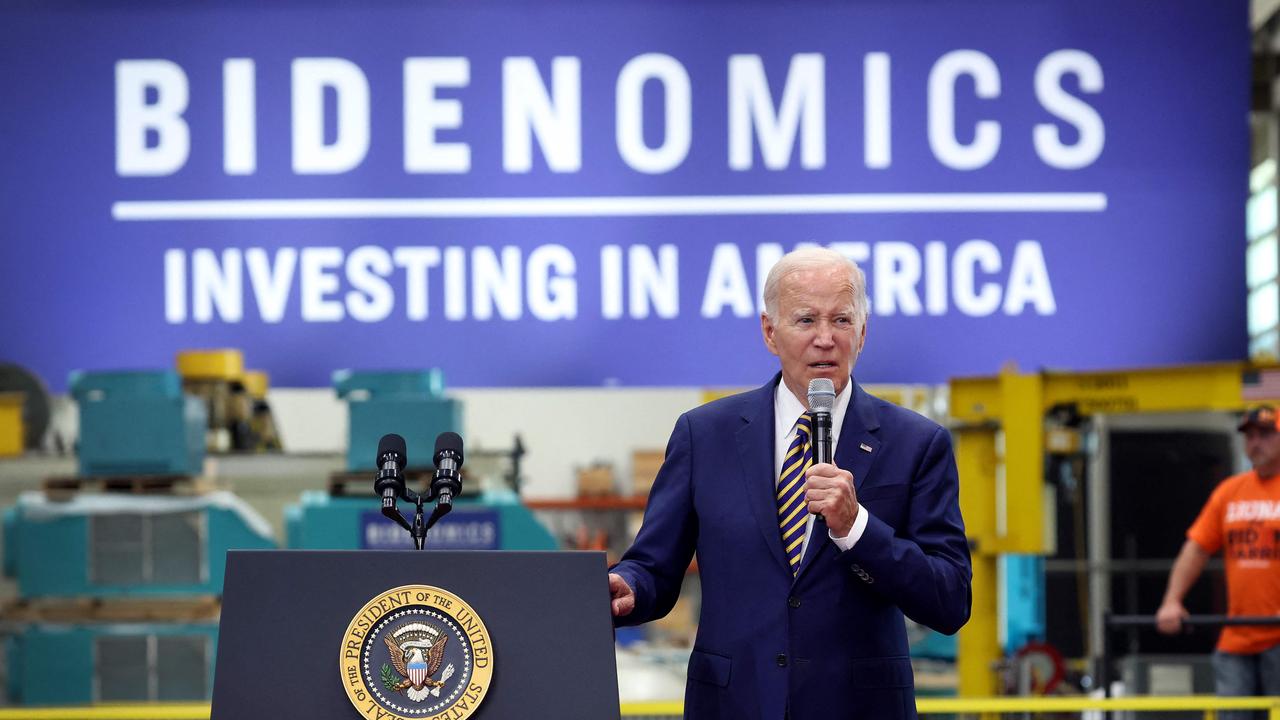There will be rigorous rules for government subsidies for green manufacturing: Chalmers
Amid warnings over the government’s recently announced Future Made in Australia plan, Treasurer Jim Chalmers said taxpayer funds would not be wasted.
Proposed green manufacturing subsidies will not be a “free for all”, Treasurer Jim Chalmers says, as the Albanese government faces criticism over the policy by its own hand–picked Productivity Commission boss.
On Friday, Danielle Wood, an ex-Grattan Institute chief who now serves as the government’s chief productivity adviser, joined economists and business groups to warn that Labor’s Future Made in Australia Act risked creating a class of businesses reliant on subsidies and could make the economy more inefficient.
The funding is set to be unveiled in the upcoming federal budget on May 14.

Responding to the concerns, Dr Chalmers said businesses receiving subsidies and support would be subject to “rigorous and robust tests” to ensure that taxpayer funds were not squandered.
“What we’re talking about here isn’t some kind of free-for-all of public funds,” Dr Chalmers told the ABC’s Insiders program on Sunday.
“What we’re trying to do here is incentivise private investment, not replace it.”
The private sector would be overwhelmingly responsible for the “heavy lifting” to bolster domestic manufacturing, Dr Chalmers said, however government and public investment still had an important role to play.
“That will still only be a sliver of the hundreds of billions of dollars we need to land this energy transformation,” he said.

Downplaying the criticisms directed by Ms Wood, Dr Chalmers said it would be “pretty strange” if the government had not already considered these factors in finalising the policy.
“Danielle made some important points, but obvious points, about making sure we get value for money,” he said.
“We’ve got strict frameworks, we’ve got exit strategies and off ramps and we are taking into consideration the impact of these plans on the economy more broadly.”
Alongside investments and subsidies, tax breaks for businesses would be considered, the Treasurer said.
“We are prepared to consider the tax system as one of a whole range of levers that may be useful as we pursue a you Future Made in Australia and make ourselves that indispensable part of the global net zero economy,” Dr Chalmers said.

With the Covid-19 pandemic exposing the fragility of global supply chains, many countries have introduced subsidies and erected protectionist barriers designed to support local industry.
Chief among these is the United States, which has rolled out tax incentives, grants and loans worth $520bn to support green infrastructure and industry under President Biden’s Inflation Reduction Act.
Dr Chalmers, who will travel to Washington later this week for the upcoming round of spring finance ministers meeting with the International Monetary Fund, World Bank and G20 finance, also cautioned that the upcoming budget, due May 14, would be delivered against a backdrop of global economic uncertainty.
“Inflation in the US is going up, we’ve got recessions in some countries, we’ve got a substantial slowing in the Chinese economy, we’ve got all of the costs and consequences of these conflicts that we are seeing in two important parts of the world as well,” he warned.
“All of this will be a factor on the budget and on our economy – it means that the degree of difficulty for this budget is a bit higher, even perhaps than the first two.”





